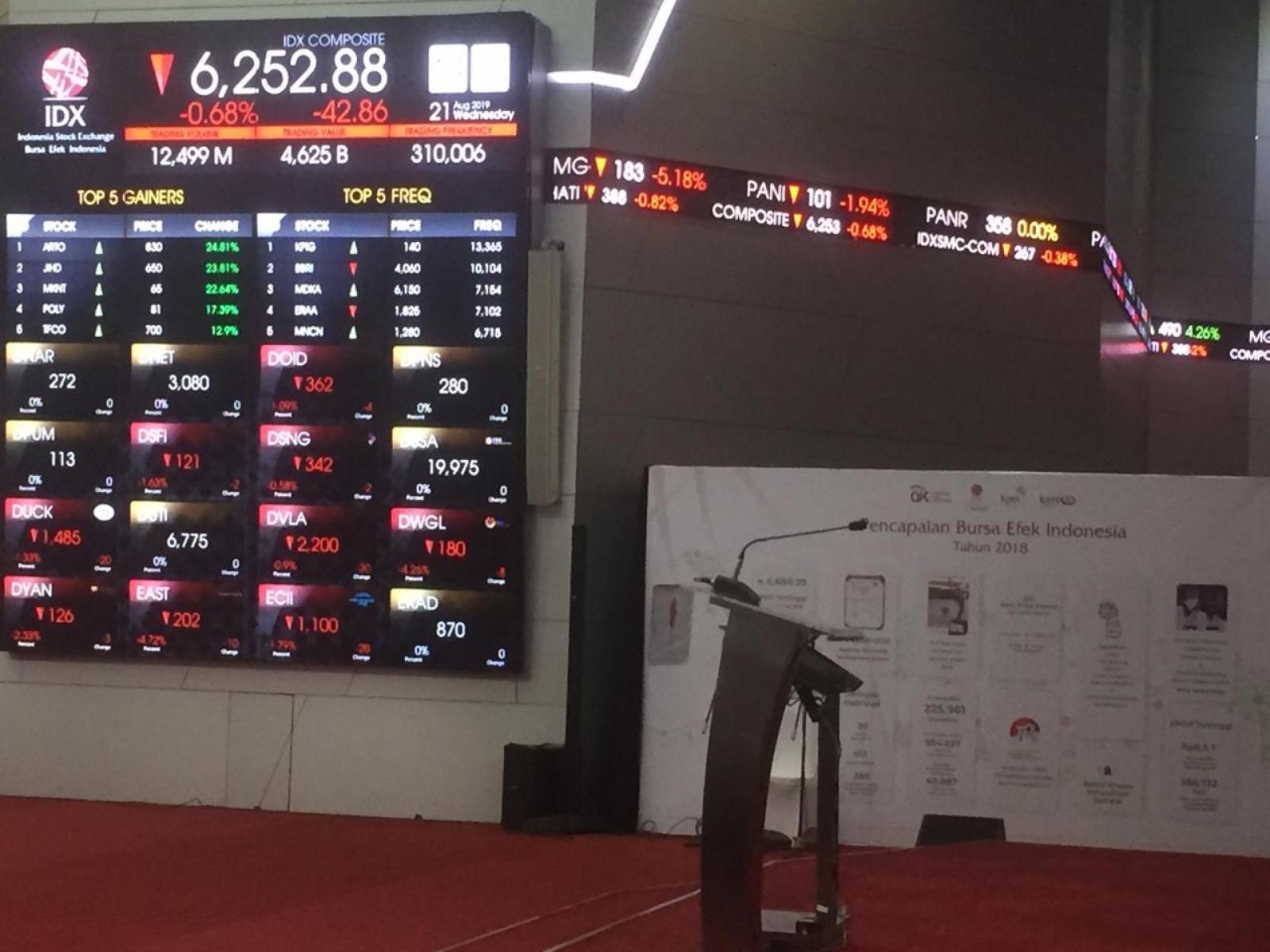
Asian stocks retreated on Monday as Beijings latest stimulus fell short of investor expectations and weak inflation data dampened hopes for a significant recovery in the worlds second largest economy.
Concerns over U.S. dollar strength and international trade relationships also weighed on regional markets as the Republican Party edged closer to sweeping both chambers of the U.S. Congress.
Donald Trump suggested on Sunday bypassing Senate confirmation of his political appointments through the use of recess appointments.
The dollar hovered near four-month peak versus major peers on expectations of light regulation under Trump and ahead of key U.S. inflation data and speeches by Federal Reserve officials, including Fed Chair Jerome Powell later in the week.
Gold extended declines for a second straight session and oil extended Fridays steep decline due to dollar strength.
Chinas Shanghai Composite index ended 0.51 percent higher at 3,470.07, reversing an early slide after data showed consumer prices in the country rose at the slowest pace in four months in October and producer price deflation deepened.
Hong Kongs Hang Seng index tumbled 1.45 percent to 20,426.93, with property developers facing selling pressure after the stimulus package announced by the National Peoples Congress Standing Committee on Friday lacked the direct injection of money into the economy that some investors had hoped for.
Japanese markets ended a choppy session little changed as minutes of the Bank of Japans October policy meeting showed officials were divided on how soon they could raise rates again.
The Nikkei average finished marginally higher at 39,533.32 while the broader Topix index ended with a negative bias at 2,739.68.
Sony surged more than 6 percent after reporting a 73 percent jump in its quarterly profit and raising sales guidance for the full year.
Seoul stocks fell sharply as chip-related shares slumped amid uncertainties over the new Trump administrations trade policies.
Shares of Samsung Electronics tumbled 3.5 percent to an over two-year low while the Kospi average dropped 1.15 percent to 2,531.66.
Australian markets ended lower as a decline in oil and industrial metal prices weighed on commodity stocks.
The benchmark S&P/ASX 200 dipped 0.35 percent to 8,266.20 while the broader All Ordinaries index settled 0.39 percent lower at 8,518.90.
Across the Tasman, New Zealands benchmark S&P/NZX-50 index fell 0.66 percent to 12,686.33.
U.S. stocks reached new record closing highs on Friday and scored big weekly gains on expectations for improved GDP growth, deregulation and tax cuts under the Trump administration.
In economic releases, a measure of U.S. consumer sentiment hit a seven-month high in early November while one-year inflation expectations eased but long-term expectations rose marginally, separate set of data revealed.
The Dow rose 0.6 percent and the S&P 500 gained 0.4 percent to wrap up their best week in a year while the tech-heavy Nasdaq Composite finished marginally higher.





